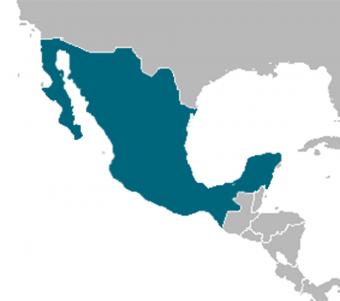Mexico
Recent Activity
Over the past two decades, governing institutions in Mexico and parts of Central America have proven too primitive to cope with the volatility of democratic transitions. Organized crime has taken over key activities of various levels of government and corruption has become more entrenched. These regions must face the challenge of building democratic institutions capable of engaging in good governance.
Migration flows that were stalled for a period by the pronounced recession that began in 2008 have resumed to a number of OECD countries, including the United States where there appears to be a slight increase in Mexican migration for the first time in several years. More migrants seem to be choosing emerging economies, including Brazil, China, and South Africa, over traditional destinations.
Crime and insecurity are undermining economic and social prosperity in Mexico and Central America, eroding public trust in government institutions. This report examines current economic, social, and political costs resulting from insecurity, and future implications.
The growth of organized crime in Mexico and Central America has dramatically increased the risks that migrants crossing the region face. As this report outlines, migrants increasingly are forced to seek the assistance of intermediaries, and those unable to afford one are more likely to be abused along the way.
This report outline the long-standing pattern of northern Central American governments' inattention to their borders – probing root causes that range from institutional, economic, and resource challenges to corruption and weak government structures.
This report outlines the long-standing pattern of government inattention to borders in Central America's Northern Triangle – probing root causes that range from institutional, economic, and resource challenges to corruption and weak government structures.










